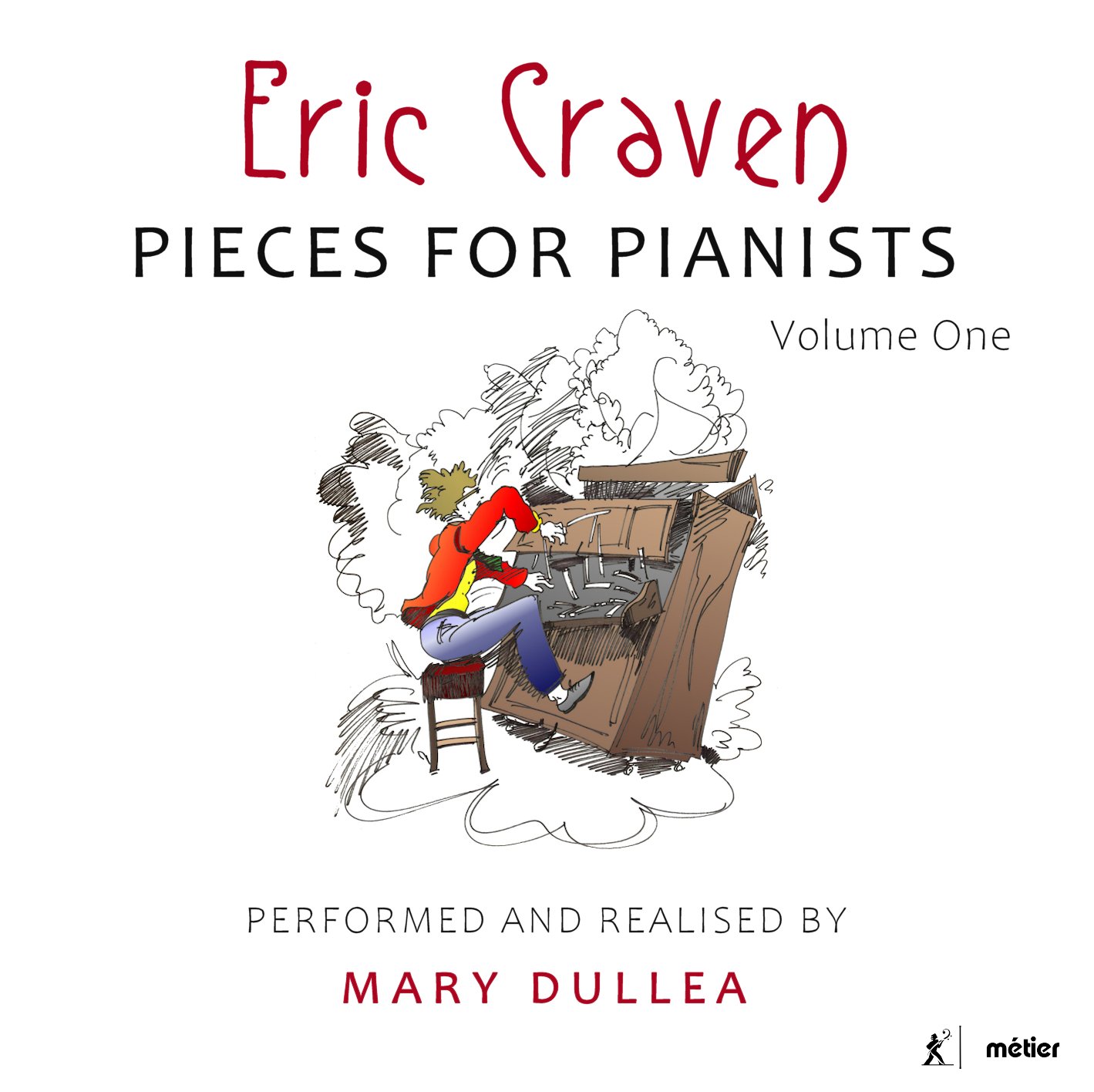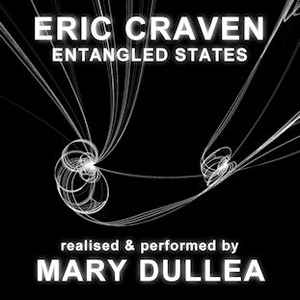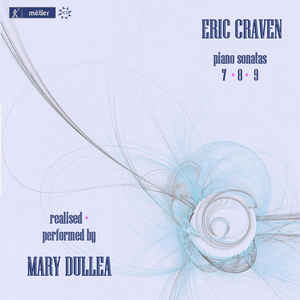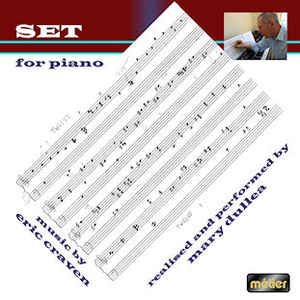Alex Van Ingham, sound engineer, cellist and intrepid motorcyclist, has sent me a review from this month’s issue of Gramophone entitled “Radical Tonality” by Philip Clark.
“Clark sifts through a selection of discs of piano-based works that seek out a new relationship with traditional musical languages” so goes the defining introduction.
Unfortunately I think that Mr. Clark has attempted the near-impossible by reviewing the works of five major composers – Finnissey, Fox, AMM, Feldman, Wolff and myself in one article. The almost inevitable result is that he gets to say almost nothing that is insightful about what, collectively, is a significant, perhaps pivotal body of work which places itself at the forefront of contemporary thinking and which points in new directions.
He writes that “Christian Wolff and Moreton Feldman are elder statesmen, composers, who made Christopher Fox, Michael Finnissey and Eric Craven think hard about the direction of their own work”. In my own case that is just not accurate. Since before my unhappy, frustrating experience as a student at the RNCM and many years before I came into contact with the music of Feldman and Wolff I had a strong feeling that I wanted to somehow develop a style of composition that would suggest and encourage the performer to engage with the music in a way that could result in different outcomes; that the performer should assume a very different role and become part of the compositional process. My early experiences of both playing and listening to various styles of jazz – Brubeck, Basie, Lousier, and others – offered much greater freedoms of performance than the classical fixed scores of Bach, Beethoven and Schubert which amongst others constituted my then musical diet.
Philip Clark continues “The evolution of postwar music, we are persistently told, has been etched around the ideological clashes between tonality and atonality, but these discs prove that assumption to be a lame simplification – the rearguard action of composers foraging around in the harmonic fault lines has been important too. Tides washing faraway tonal debris ashore. The surface lushness of Eric Craven’s harmonic language is offset by the discreet volatility of his structures”.
I regret that Philip does not feel it necessary or does not have sufficient space to flesh out the thoughts of that last sentence. He hints at something intriguing and perhaps germane to his thread but goes no further. What a tease this man is. And to which of the Sonatas is he referring?
“The Challenge, to divine an overarching structural logic from out of these free-floating modules. And the rest is up not so much for grabs, but for allowing ears scope to zone inside the evolving tonal tapestry, fingers intuiting where best to lay the next panel”.
Here, he is referring to the MoNP technique I have extensively employed in Sonata No.8. The “free-floating modules” (several hundred of them) are those very events which serve as catalysts for melodic, rhythmic and structural development. Is there some further connection here with the improvisatory methods inherent in all kinds of jazz. I guess so. And, is Mr. Clark implying some kind of relationship between my employment of varying degrees of tonality and my use of different kinds of structures? Was he, at this point, beginning to consider to what extent the one effects or determines the other?
I must here acknowledge Philip Clark’s egalitarian considerations. He treats all the composers with the same sparseness of comment. I am left with a feeling of frustration. Would it have been more satisfying and rewarding for the reader if each composer had been allocated separate reviews? I offer this comment in the light of a review he wrote of “Set for Piano” in January 2013. This review is a great read. You can find it in one of the earlier posts of my blog. He is wonderfully expansive and self-deprecating in this article.
And the title of this post? “We are making something new”, words of Ezra Pound in conversation with Earnest Hemingway c 1921.





